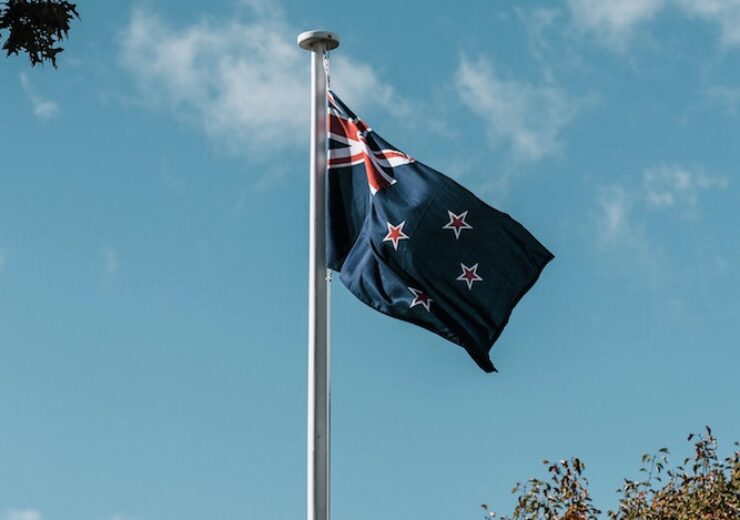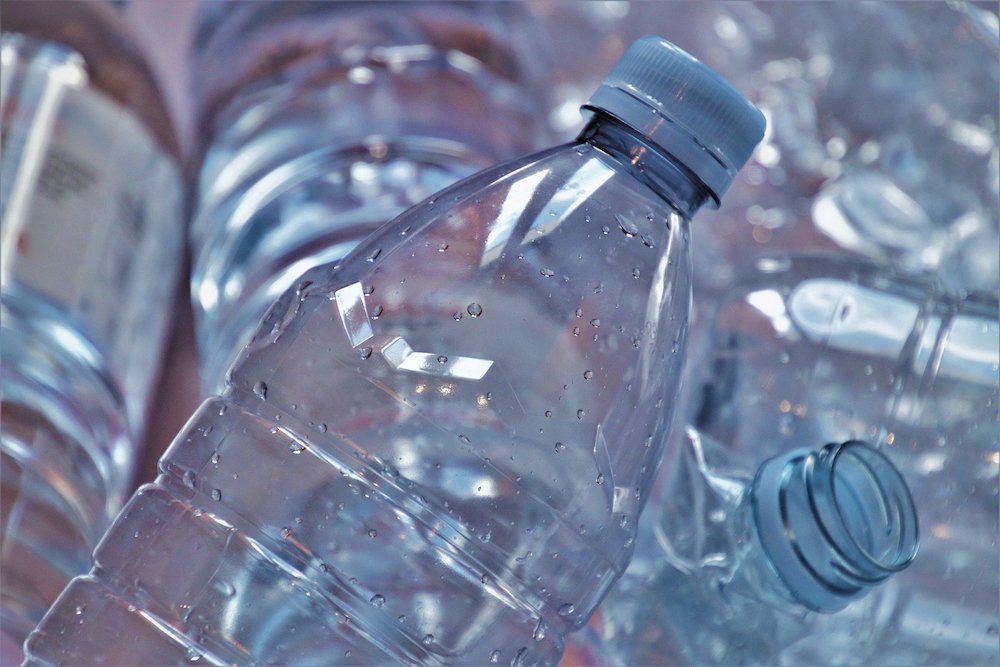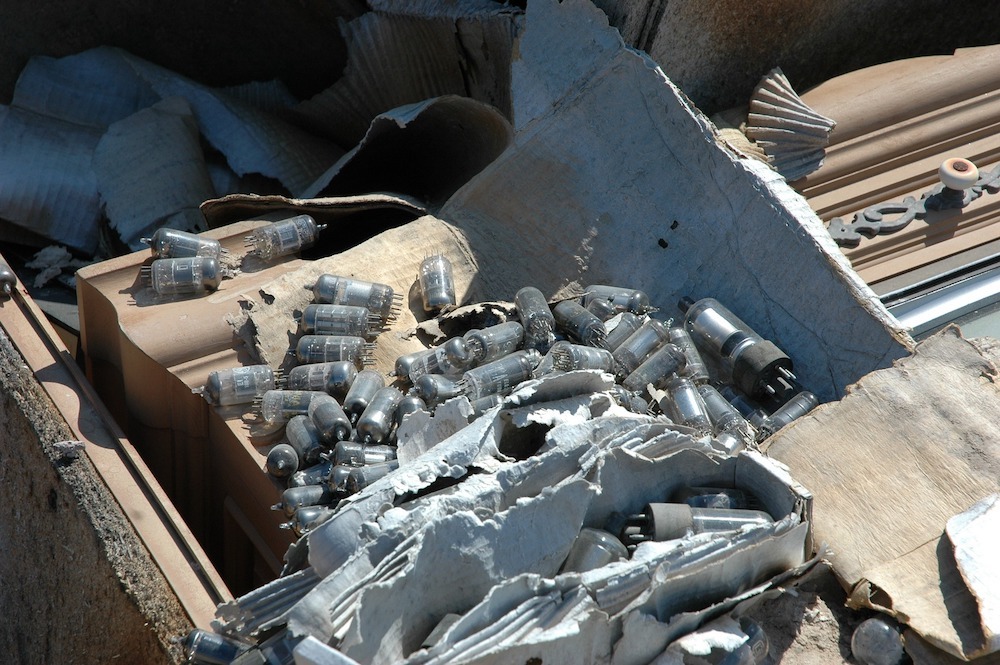The New Zealand government has announced plans to regulate six new "priority products", which include plastic packaging, e-waste, tyres and farm plastics

New Zealand's parliament passed the Waste Minimisation Act in 2008 (Credit: Pexels)
The New Zealand government has announced it is looking to regulate environmentally harmful products — including plastic packaging, tyres and e-waste — before they become waste.
Six items will be declared “priority products” for the establishment of regulated product stewardship schemes under the Waste Minimisation Act.
“Priority products” is a term handed to items that could cause significant environmental harm and would benefit from reuse or recycling, while product stewardship is a mechanism to create a circular economy for waste.
The newly added “priority products” are plastic packaging, tyres, electrical and electronic products, agrichemicals and their containers, refrigerants, and farm plastics.
New Zealand’s associate environment minister Eugenie Sage said: “Regulated product stewardship helps put the responsibility for waste and what happens to products at the end of their useful life on manufacturers, importers, retailers and users, rather than on communities, councils, neighbourhoods and nature.
“Old products that have reached the end of their life can be used to make something new, especially if they are designed better for reuse and recycling.
“Currently New Zealand has 15 voluntary accredited product stewardship schemes. These have had limited success in minimising waste for the target products.
“Government’s decision to require the establishment of regulated product stewardship schemes follows a public consultation in 2019 with public support for the government taking stronger action on these products.
“New Zealanders’ expectations about waste have changed.
“We need new approaches such as regulated product stewardship which will help reduce the environmental impacts of waste by ensuring that products and materials currently lost to landfill or pollution are recovered, reprocessed or re-used.
New Zealand government declaring plastic packaging a priority could do more harm than good, says trade group
The next step for the country’s environment ministry will be to work with manufacturers, retailers of priority products and stakeholders to co-design product stewardship schemes and regulations that will work for them and the environment.
New Zealand’s government says mandatory schemes for these “problem products” help level the playing field, ensuring everyone involved in their design, production, sale and use contributes to diverting materials away from landfills.
Industry association Plastics NZ says the sector supports product stewardship for most declared products, but declaring plastic packaging while excluding other packaging materials will have unintended consequences.
The organisation’s CEO Rachel Barker said: “Focusing on plastic packaging rather than all packaging is almost guaranteed to produce negative impacts on the environment and New Zealanders.
“Placing a levy on plastics, as is usual with stewardship schemes, will drive producers to alternatives with no view to reduced environmental footprint.
“Plastic is lightweight and very tough. To match plastic, the alternatives need to be much thicker and heavier.
“When looking at whole-of-life impacts, plastic outperforms most other packaging in terms of shelf-life, carbon emissions and water use.

“Moving away from plastic packaging without proper analysis will result in increased food waste, and potentially increased emissions.
“This is a real shame when there is significant work being put into transitioning New Zealand to a low emissions circular economy for plastics.
“We have seen many positive changes with packaging moved to plastic types that are recyclable here in New Zealand. We’ve also seen a progressive increase in the amount of recycled content used.”
Barker also claims the move will reduce New Zealand’s ability to cope with disruptions such as the Covid-19 pandemic.
She added: “Without our local plastics packaging manufacturers, much of our domestic food supply wouldn’t have made it to those who needed it.
“There are many challenges inherent in this declaration of plastic packaging as a priority product.
“Plastics NZ looks forward to working with industry and government to explore the issues and develop a way forward that works for New Zealand Inc.”
Good to see government starting to place the plastic pollution burden ‘where it belongs’, says environmental charity
Environmental charity Greenpeace New Zealand has said it is “delighted” to see the government start to put the “burden” of some plastic pollution “where it belongs” — the companies that make and sell plastic.
Plastics campaigner Phil Vine added: “That’s great, but we need to go further and faster if we are going to stop our land and oceans turning into one big plastic rubbish dump.
“For decades now manufacturers of these products have put the blame on ordinary people, urging us to recycle away their problem.
“With plastic, that has been proven not to work. Only 9% of the world’s plastic has ever been recycled.”
New Zealand government offering grants for plastics and e-waste processing facilities
Alongside inducting six new “priority products” into the Waste Minimisation Act, New Zealand has handed two grants to plastic and electronic waste processing facilities.
Environment minister Sage made the announcement at E-Waste Solution’s new e-waste and plastic process facility in Porirua — handing the organisation a 70,000 New Zealand dollar (NZ$) ($46,620) grant.
The Waste Minimisation Fund money will be used to do a feasibility study on reducing e-waste plastic going to landfill.
Sage also announced Auckland-based TechCollect would receive a NZ$320,000 ($213,160) grant from the Waste Minimisation Fund, allowing the company to build on its successful e-waste pilot, expand to more collection points and design options for a regulated e-waste product stewardship scheme.

She said: “Much of what is currently sent to landfills could be recycled, composted or reused.
“The government is taking a leadership role in reducing waste through significant investment in waste minimisation.
Earlier this month, as part of a wider plan to reduce the ever-increasing amount of rubbish ending up in New Zealand’s landfills, the government announced it is to invest NZ$124m ($82.5m) in new materials recovery and recycling infrastructure and expand the national waste disposal levy.
“The initiatives to be funded could include plastic recycling plants, weighbridges for improved waste collection and improved equipment for recycling plants.
“Increased investment in waste reduction and resource recovery infrastructure will ensure New Zealand emerges from Covid-19 with far better resource recovery and recycling system, creating jobs and incomes across New Zealand.”
